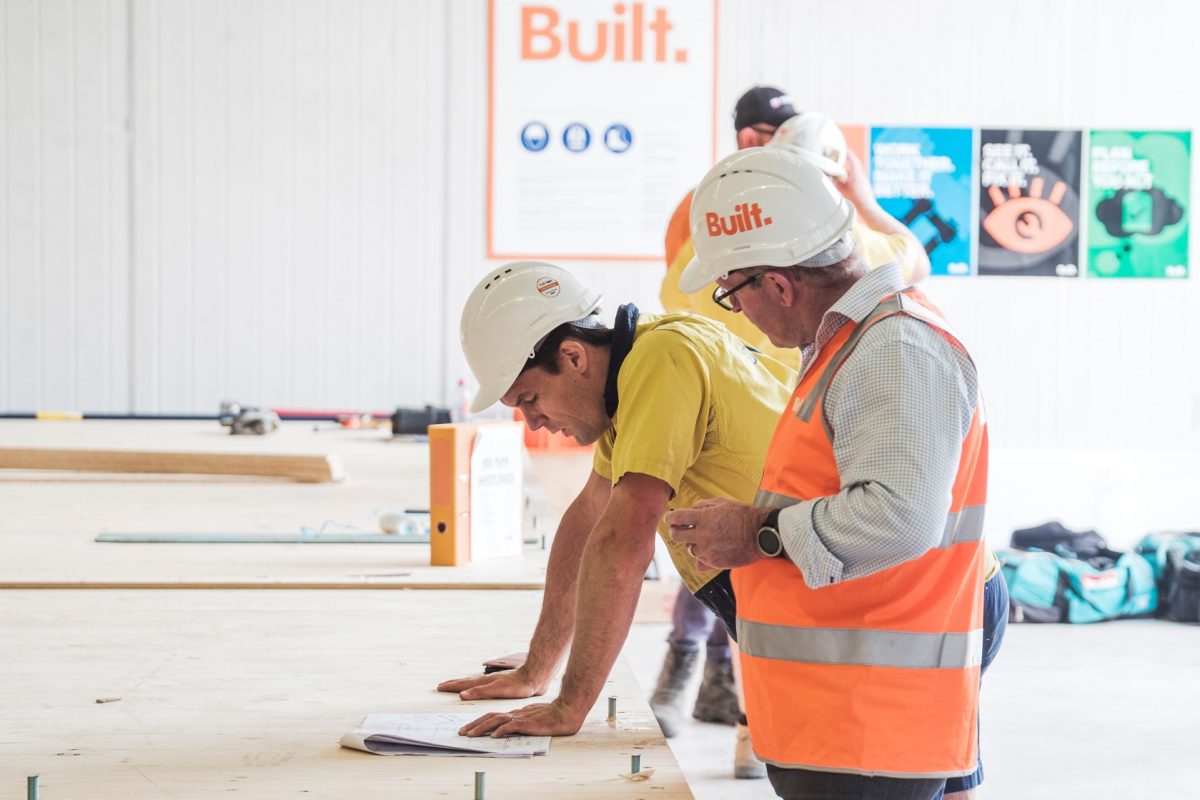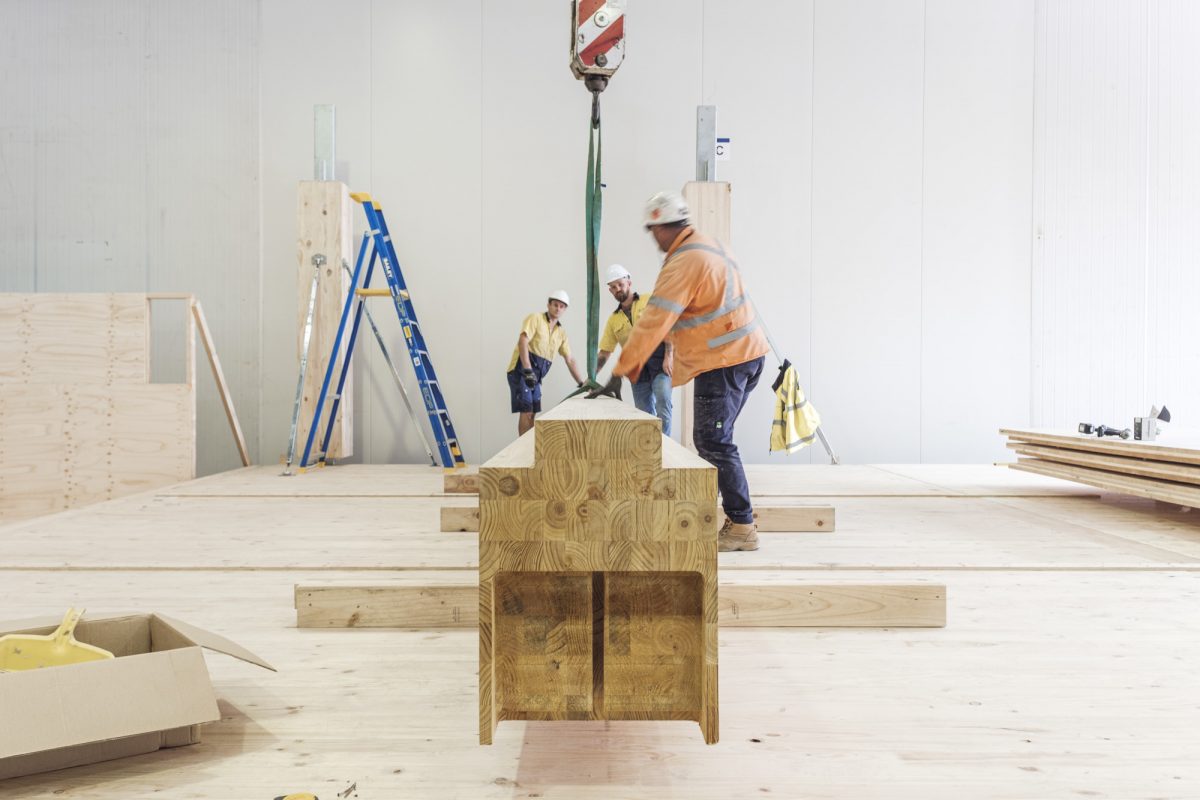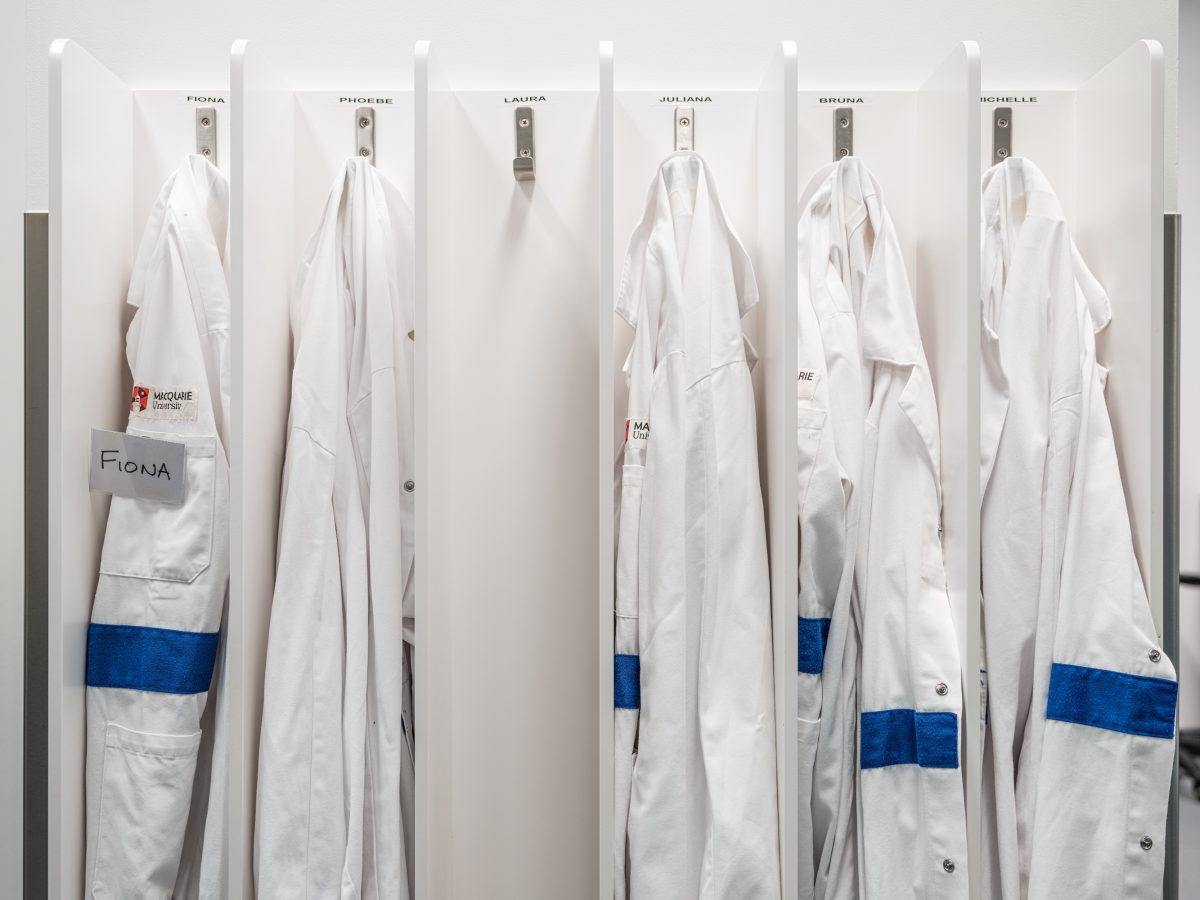Built joins as founding member of new coalition to reduce carbon emissions
Built has joined forces with over 30 leading companies and the NSW Government and WWF-Australia as part of a new coalition to decarbonise Australia’s building and construction industry.
The ‘Materials & Embodied Carbon Leaders’ Alliance (MECLA) with the aim to drive reductions in embodied (upfront) carbon across the building supply chain.
This means working collaboratively to create demand for products like greener steel, concrete, cement and aluminium, and alternative products including mass timber, and reused and reformed waste materials that we can use to decarbonise Australia’s construction industry, with the potential to export our innovations to the world.
“Economies of the world are transitioning towards a low-carbon future and Australia cannot afford to be left behind,” said Dermot O’Gorman, Chief Executive Officer, WWF-Australia.
“We need to decarbonise high-emitting industries and drive industry innovation in our products, services, buildings and infrastructure to take advantage of the economic and social benefits of this transition. MECLA brings together key industry partners and governments to achieve outcomes that will help pave the way to achieving our Net Zero carbon goals. The enthusiasm for this initiative right across the supply chain has been overwhelming and we’re excited about the Alliance’s potential.”
Built Managing Director & CEO, Brett Mason said “Built is passionate about improving the way the world is built and we recognise the large role construction materials will play in reducing carbon emissions as the grid transitions to renewable energy.”
“We’ve incorporated life cycle assessment into our design and construct approach on many of our projects for the best part of the last decade as we believe only by understanding the full embodied and operational carbon impact of a building, can we make positive changes. We’re proud to be a founding member and contributor of MECLA as a true collaboration between manufacturers, buyers and government to leverage market forces to drive climate action within the property industry.”


MECLA was founded by WWF-Australia and the NSW Department of Industry, Environment and Planning, Presync, along with many industry partners including Built, LendLease, Transurban, Boral, BlueScope, AdBri, Energy Estate, Investa, , Hyne Timber, and a range of engineers, architects, and building firms.
Reflecting on the complexity of the construction ecosystem, MECLA includes Working Groups that cover both demand-side and supply-side of the industry, all working to align industry with the Paris Agreement targets and within the principles of Circular Economy.
The Working Groups will develop tangible and actionable measures for the industry to act on. These include:
- Demonstrating the demand and activating the supply of construction materials which meet the needs of net zero carbon goals.
- Defining a best practice embodied carbon evaluation framework to increase transparency and accountability in decision making.
- Knowledge sharing through best practice education, case studies, myth-busting, demonstrations, and supporting innovation in materials and processes as part of a pre-competitive approach.
- Developing common language for design specifications, procurement guidelines and tendering criteria as standard practice for government agencies and companies.
- Helping to manage industry’s climate transition risks, risks associated with adopting innovative materials and the required skills development.
- Supporting materials such as steel, cement and concrete, and aluminium to reduce their carbon intensity.
The Alliance has clear governance and anti-competition protocols that encourage all partners to work collaboratively and develop outputs that achieve collective goals of the broader industry.
MECLA is part of WWF-Australia’s Renewables Nation campaign, which advocates for Australia to seize a once-in-a-lifetime opportunity to become a renewables export powerhouse. By doing so, Australia can boost its economy, create tens of thousands of new clean energy jobs, and safeguard its position as a desirable, responsible trading partner in the global market.



